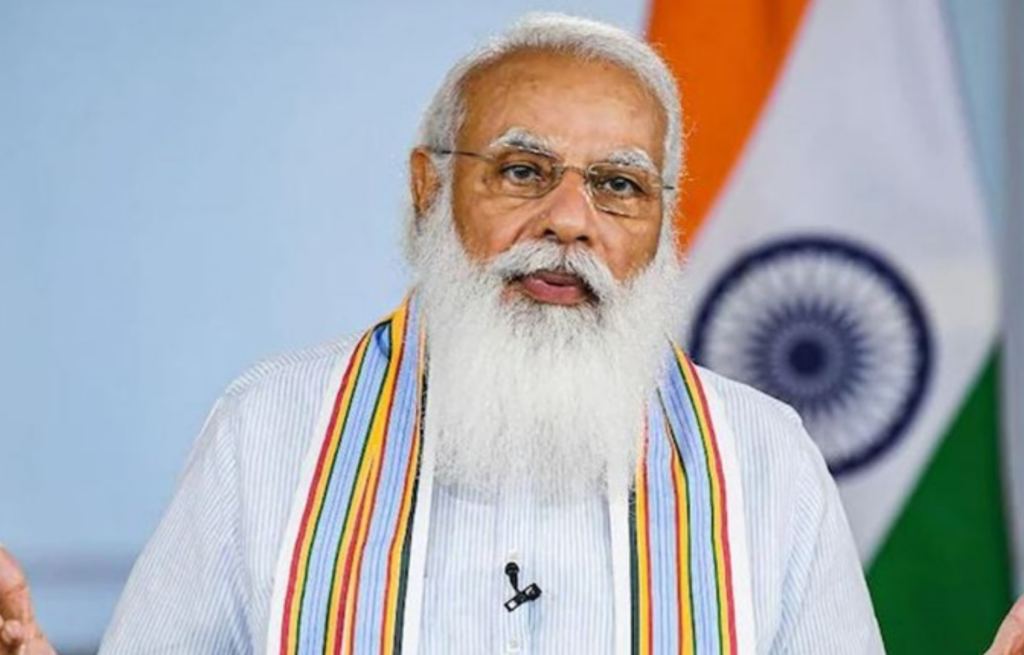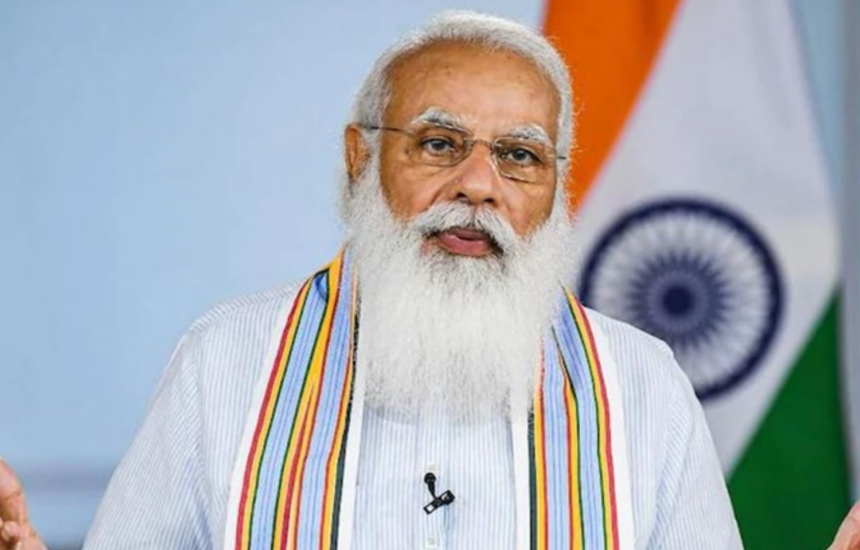
July 30, 2023
In a significant stride towards ensuring equal opportunities for students and fostering social justice in India, Prime Minister Narendra Modi delivered a compelling inaugural address at the “Akhil Bhartiya Shiksha Samagam” on the third anniversary of the launch of the National Education Policy (NEP). Emphasizing the need to judge students based on their capabilities rather than their language, the Prime Minister declared that the NEP will accord due respect and recognition to every language spoken in the country.
The Prime Minister firmly rebuked those who exploit language for their selfish interests, asserting that such practices would now face consequences. With the new National Educational Policy in place, he highlighted the importance of educating students in their mother tongue, referring to it as a groundbreaking form of social justice. This move seeks to empower students and eliminate the longstanding prejudice that deemed non-English speakers as less competent.
PM Modi passionately pointed out that numerous developed countries leverage their native languages to excel in various fields. He expressed dismay that despite India’s rich linguistic diversity, some perceived indigenous languages as a sign of backwardness. The Prime Minister emphasized that this perception hampers the recognition of talent, especially among children in rural areas. However, he stated that the NEP marks the turning point, challenging this belief and ushering in an era of linguistic inclusivity.
Drawing inspiration from Europe’s successful model of education in native languages, PM Modi revealed that subjects ranging from social sciences to engineering will now be taught in Indian languages. By fostering confidence in one’s language skills, students can unleash their true potential without constraints.
The global community recognizes India as a promising hotspot for new possibilities, as evidenced by numerous countries seeking to establish Indian Institute of Technology (IIT) campuses within their borders. The Prime Minister revealed that IIT campuses in Tanzania and Abu Dhabi are already nearing operation, and many foreign universities express keen interest in setting up campuses in India.
The NEP’s overarching goal is to transform India into a hub of research and innovation, while also preserving and promoting traditional knowledge systems alongside futuristic technology. To achieve this, PM Modi encouraged schools to educate students on subjects crucial to building a sustainable future, such as disaster management, climate change, and clean energy.
During the event, the Prime Minister also released the first installment of funds under the PM SHRI scheme, designed to nurture students and cultivate their engagement, productivity, and contribution to building an equitable, inclusive, and pluralistic society, as envisioned under the NEP.
As part of the Prime Minister’s commitment to linguistic diversity, he released education and skill curriculum books in 12 Indian languages, symbolizing a move towards greater inclusivity in education.
The two-day Akhil Bhartiya Shiksha Samagam, held at Bharat Mandapam at Pragati Maidan in Delhi, served as a platform to reaffirm India’s dedication to transforming its education landscape and embracing its cultural heritage while embracing modern advancements. With the NEP at its core, India is poised to embark on a journey that uplifts its students, empowers its communities, and cements its position as a global leader in education and innovation.







